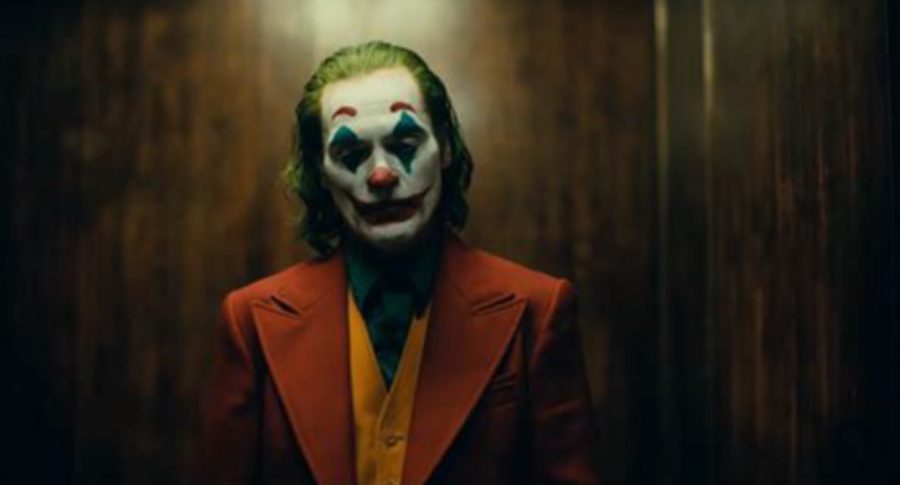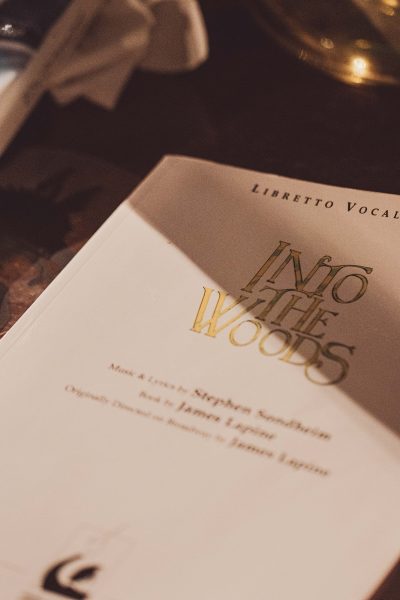Joker Review: Not So Funny After All
“Joaquin Phoenix relishes in Arthur’s pain and suffering to an uncomfortable degree. And it’s nothing short of haunting.”
Like it or not, Todd Phillip’s Joker has cemented itself as the movie of 2019. It isn’t necessarily the best or worst, but it’s by far the most discussed and argued about so far. The amount of articles, forum posts, and controversy that this film had generated even just before it’s wide release was so overwhelming that audiences around the world walked into their theaters with a sense of both excitement and anxiety. And now that it’s open to the public, it will be talked about for years and it’s easy to see why.
One of the media’s main controversies with Joker is its supposed glorification of criminals and terrorism. This couldn’t be further from the truth. In an age where threats of violence are at an all-time high, this movie makes a bold statement that needs to be heard by everybody: “Does our own society create these horrible people through widespread ignorance of mental health?” Throughout the film, we see the main character, Arthur Fleck, repeatedly get beat down and abused, though very rarely do you feel sympathy for him. Despite being physically harmed, mentally traumatized, and publicly humiliated, any remorse that you feel for this character is fleeting once you take a closer look at him. Just through his eyes alone you can see that something isn’t quite right, that some evil is brewing right inside his mind. And it’s nothing short of haunting.
Joaquin Phoenix relishes in Arthur’s pain and suffering to an uncomfortable degree. From his smiling, to his uncontrollable laughter, to the way his eyes flicker, to the way he horrifically dances around the screen, his performance is simply extraordinary. Any comparison to Heath Ledger in The Dark Knight would almost be a disservice to both actors, since their portrayals of the Joker are completely different from each other. Phoenix commands every single frame of this movie from start to end, and the fact that he had a much weaker script to work with than Ledger did makes it that much more impressive.
Arguably the second major driving force of the film is the chilling score by Hildur Guðnadóttir. Each piece that she composed for this movie perfectly encapsulates the psychotic nature of the Joker and his inner workings. There’s not one moment where her music ever feels overbearing; it almost blends right into Arthur’s mind as if he’s hearing it himself. Lawrence Sher’s cinematography flawlessly captures the grimy setting of Gotham City as well. Plenty of clever uses of slow-motion, depth of field, and camera placement are incorporated into the visual style of Joker. The lighting in particular conveys the mood of each setting and tells a depressing visual story for each location Arthur visits.
Unfortunately, there are various points where the film falls flat. The biggest hurdle for many to leap was Todd Phillips as both a director and writer. Compared to his previous work on The Hangover trilogy, his direction has certainly improved significantly. Unfortunately, Phillips just hasn’t developed his own interesting style enough and, therefore, had to borrow elements from much more experienced directors like Martin Scorsese. This movie is almost just a combination of Taxi Driver and The King of Comedy, both films having similar characters to Arthur Fleck but take radically different approaches to developing them. There are too many points where Phillips takes nearly exact plot points and shots from both films, to an embarrassing degree sometimes. Joker shows too much of its own style for these choices to be glossed over; it begs the question of why Phillips didn’t take more time to incorporate new ideas into the screenplay rather than make its influences too obvious.
There were other moments in the script that felt largely unnecessary or forced, some of which affect the climax of the film positively and negatively. Without including spoilers, the disappointing inclusion of certain elements from the Batman comics, for instance, made this film feel even less original. One particular sequence that occurs towards the end harshly reminds the viewer that this is a story set in Gotham City, where more characters than the Joker have origins, too. Even though the comic book elements made some sense within the context of the film’s world, it was unfortunate to see a project that was mostly able to remain its own thing lose its identity. Additionally, some jarring little bits of comedy were sprinkled throughout the movie, most of which work surprisingly effectively and some coming off as obnoxious. Some predictable jokes are made involving a character with dwarfism, for instance, that act as a depressing reminder of Todd Phillips’ roots as a raunchy comedy director.
Deep down inside of Joker is a truly excellent film, but it was unable to tap into its potential. Perhaps Todd Phillips was not the best candidate to create a film with so many themes of mental health. What we do have, however, is a much-needed commentary on how society has an obligation to help people like Arthur Fleck. It’s seriously concerning how people can turn into monsters through things that are completely out of their control. By the time the credits roll, Joker feels bigger than its audience and leaves viewers thinking about it’s messages intently. It’s a film that shows how we can’t always put on a happy face, that there’s still much work to be done to help those pushed aside.
Score: ★★★1⁄2








